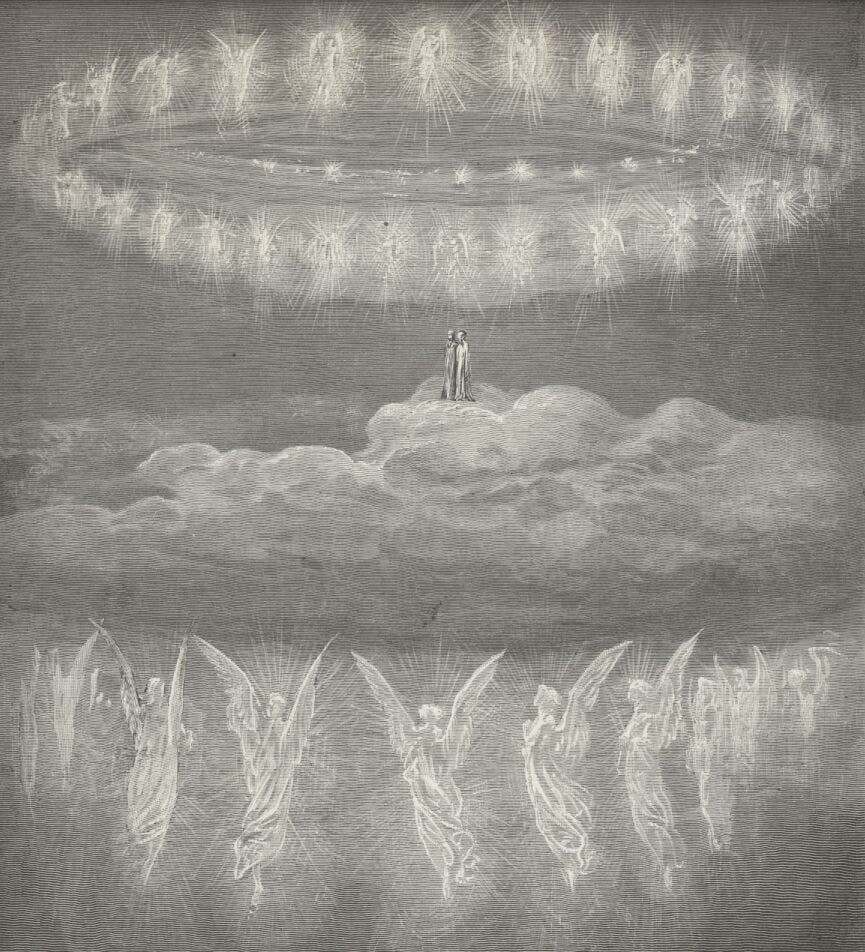Introduction (1): The Holy Judgment of the Guitar Gods
The first in a series about the journey to this publication and what you can expect from it

I am Douglas Toft, an aging guitar player, adolescent at heart, and finally in love with the instrument again.
I started playing guitar as soon as I became teenager, when my idols were Chet Atkins, Merle Travis, Buck Owens, and Roy Clark. After the Beatles played The Ed Sullivan Show in 1964, all I wanted to do was play pop tunes in garage bands with other middle school kids. I pestered my parents to buy me an electric guitar and pouted until my wish was finally granted.
My first instrument was a Fender Duo-Sonic, a “student” guitar with a shorter-than-standard neck. It was a Christmas present and — next to a sunset — the most beautiful thing I’d ever seen. I held it in my arms for hours every day.
In 1968 I heard Axis Bold as Love by Jimi Hendrix, which was like getting a front row seat for the Big Bang. Nothing was the same after that. The sound of Hendrix’s exploding Stratocaster shattered my mental frameworks and erased my personal identity. Hendrix took me back to the Beginning — before time, before concepts, before physical forms, to a universe of pure emptiness and possibility.
I devoured guitar players. In addition to Hendrix, I inhaled Eric Clapton. I worshipped Jimmy Page, Jeff Beck, Pete Townsend, and Frank Zappa. It was the wall of sound that those guys created, the way that they subdued the guitar and used it to stop time, start fires, and burn away everything superficial.
All I wanted to do was crawl deep inside that sound and understand exactly how it was made — and then to make that sound myself, in my own way, on my own terms. Being able to do that, I believed, would take me into the secret heart of things and a higher dimension of existence.
That’s why I started playing. It wasn’t for riches or romance or recognition. I just wanted to make that sound.
This impulse was innocent and incomplete. I never thought about the consequences — what I would do with that sound if I ever learned how to make it, or what would eventually become of me.
While attending college I played in Jazz Band 1 at the University of Northern Iowa. This was a world apart from my high school garage bands. In jazz band I was surrounded by horns — saxes, trumpets, trombones. When we played arrangements with “shout choruses” — everyone blowing at full volume, all at once — I felt the sound vibrate in my gut, my chest, and my balls. It was like hearing Hendrix for the first time.
Playing in the jazz band immediately revealed my deficiencies as a guitar player, however. In high school I’d memorized tunes, played by ear, and never bothered with reading music. But those horn players sitting all around me could flawlessly read anything that the conductor set in front of them, and I was expected to keep up. While they played, I floundered and sank like a non-swimmer tossed into the deep side of the pool. Eventually I thrashed to the surface, gasped for air, and learned to read.
There was more, too — a starry new universe of music theory; so many chords to learn, so many scales to memorize, so much musical tradition to absorb. I was lost, a rank beginner, an empty vessel ready to be filled and ready to work my ass off. I loved it.
Fast-forward a decade. I’d emerged from graduate school and gone to work as a technical writer for an insurance company — a job I detested. After thirteen months of marking time at a corporate desk, I quit, picked up my guitar, and started playing gigs. They payed next to nothing, but I was willing to slash my expenses and scuffle for survival.
I worked in pick-up bands for country clubs, corporate parties, and wedding receptions. These were one-off gigs where I played with musicians I barely knew or had never seen before. By then I’d memorized tunes such as Misty, In the Mood, String of Pearls, and September in the Rain — the American Songbook — in the standard keys. I could play with any other musician who knew the same tunes, even if we met for the first time on the gig and never saw each other again.
Those jobbing gigs helped me pay the bills, but they were soul-crushing. I dressed in a tux and bow tie, showed up on time, and played live muzak at low volume levels for people who ate steaks and drank martinis. My job was to play music that my elderly listeners would find familiar. It was all dated gestures and nostalgia, devoid of surprise, deprived of feeling, and slowly dying.
As I settled into this phase of my life, the gap between the music I played to earn money and the music I listened to at home grew wider and wider. Eventually I imagined talking to my old guitar gods — Hendrix, Clapton, Page. You forgot the music, they would say to me. You forgot the sacred sound that blew your heart wide open.
And how could I possibly respond?
Only: Yes, you’re right.



